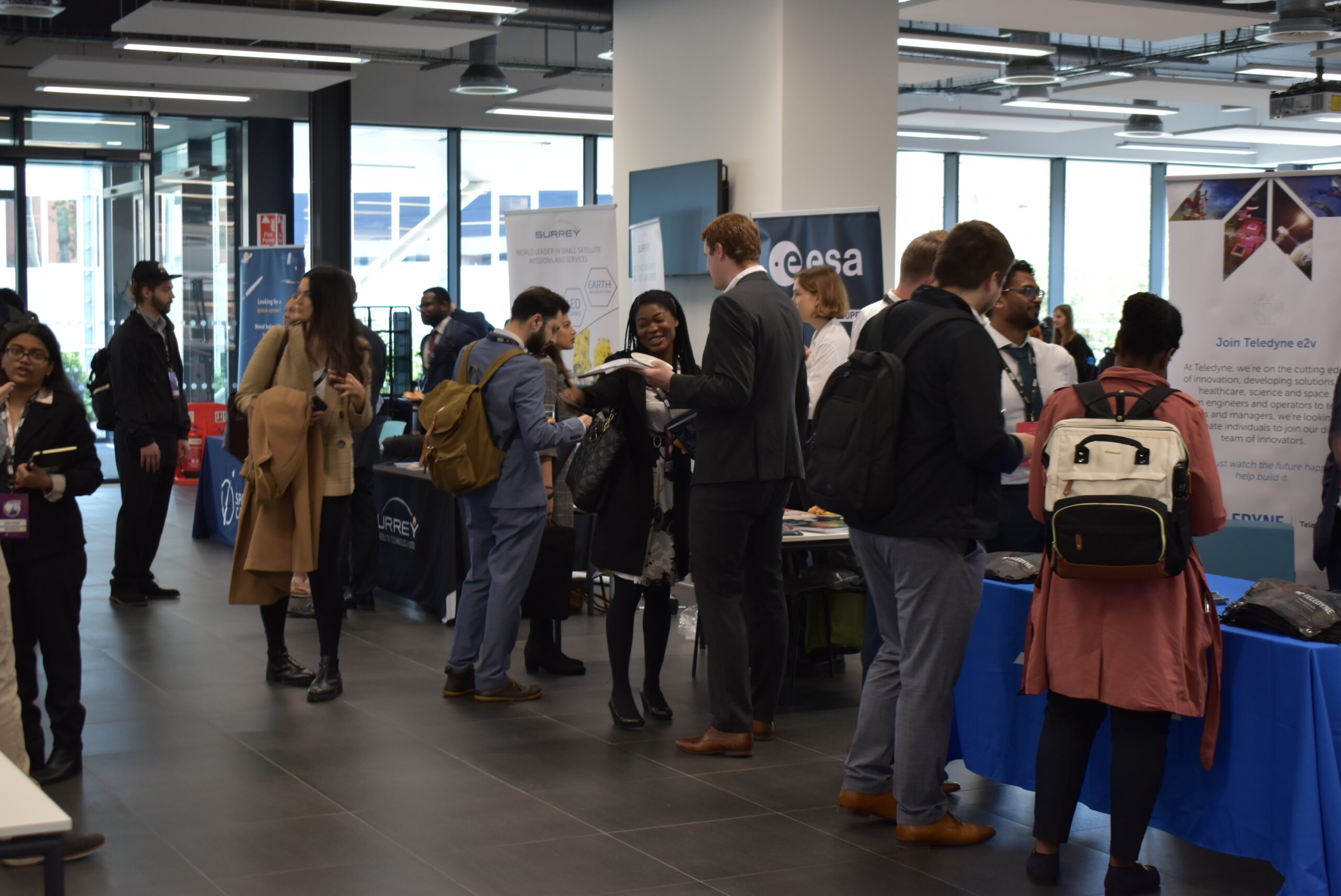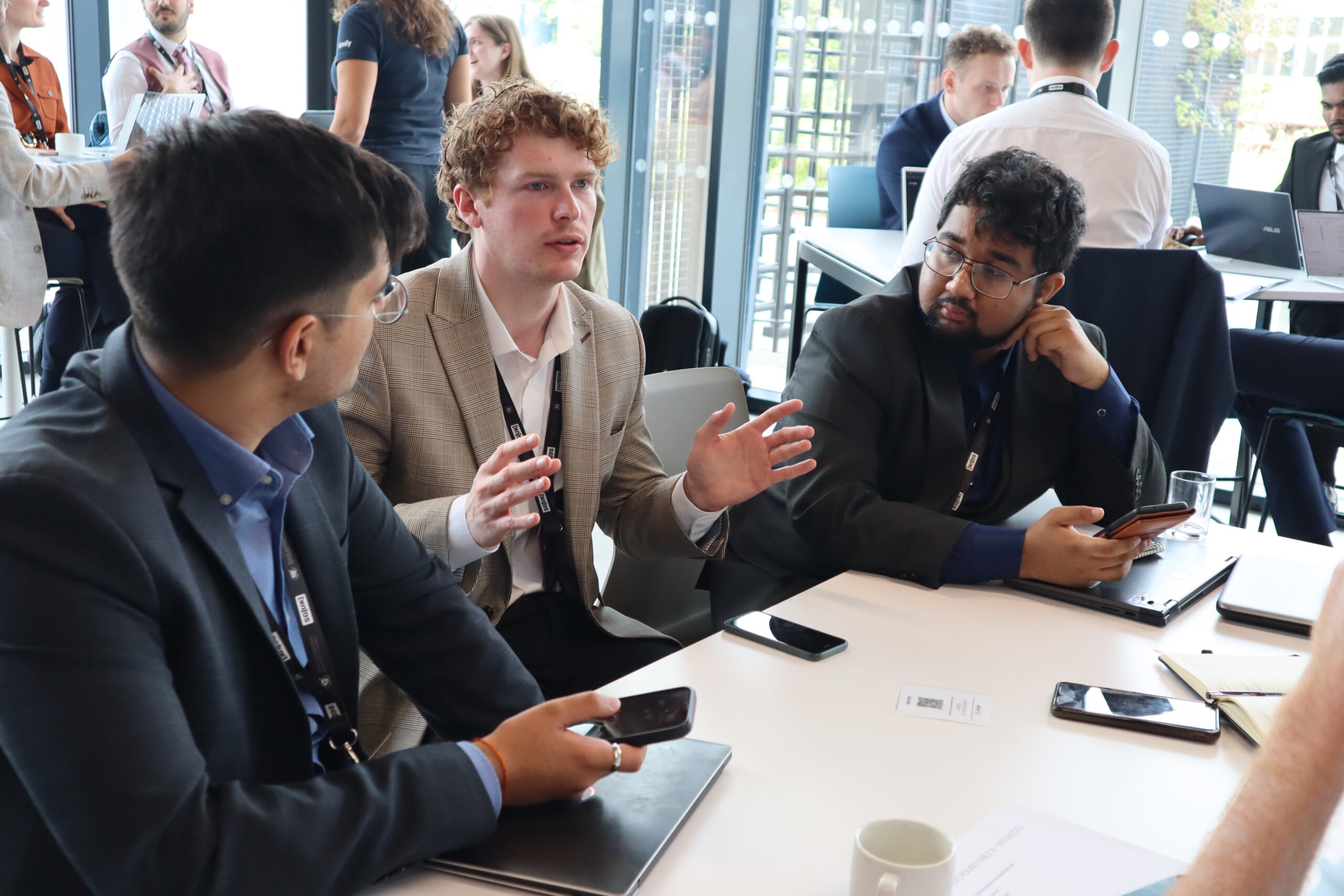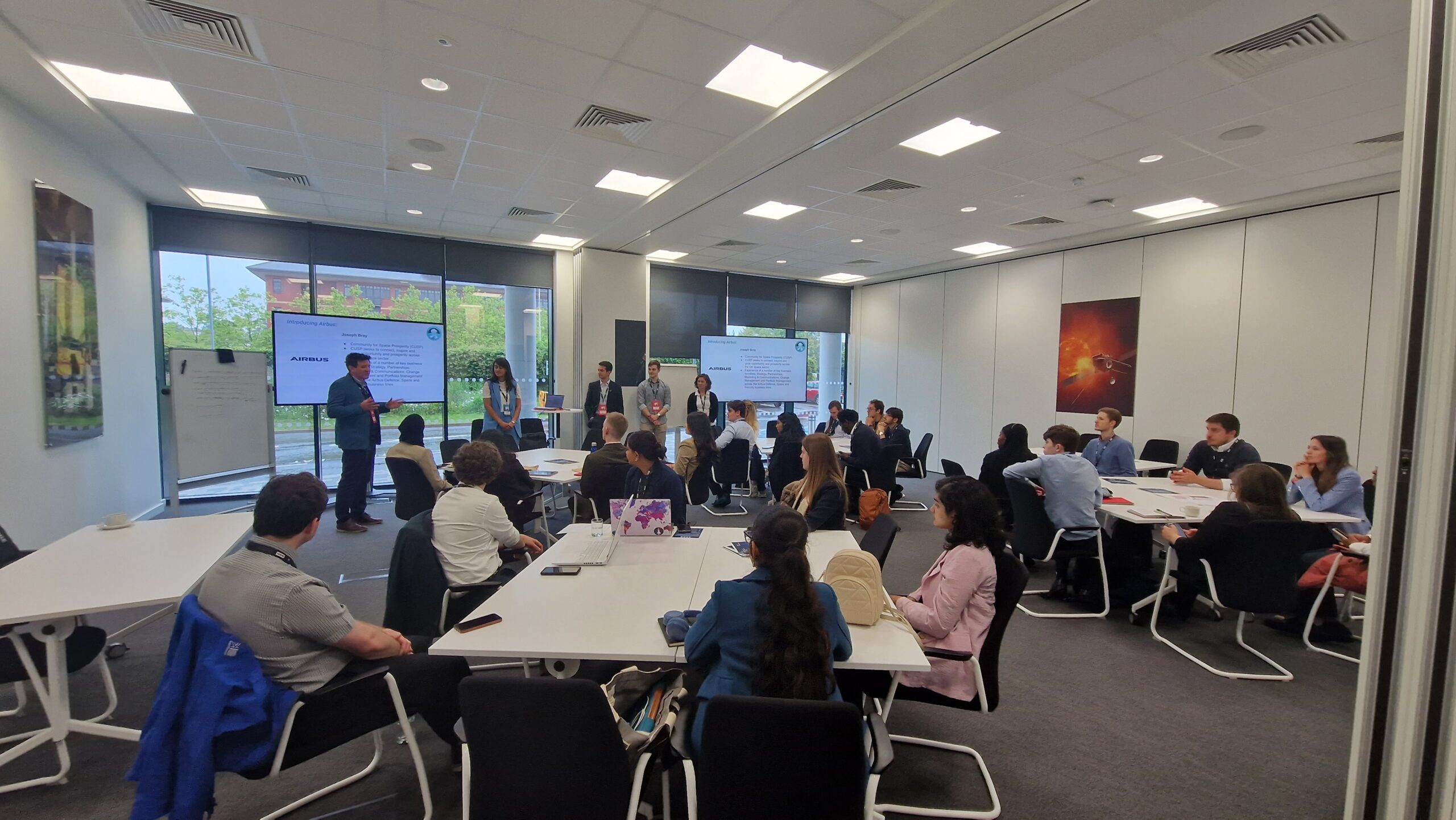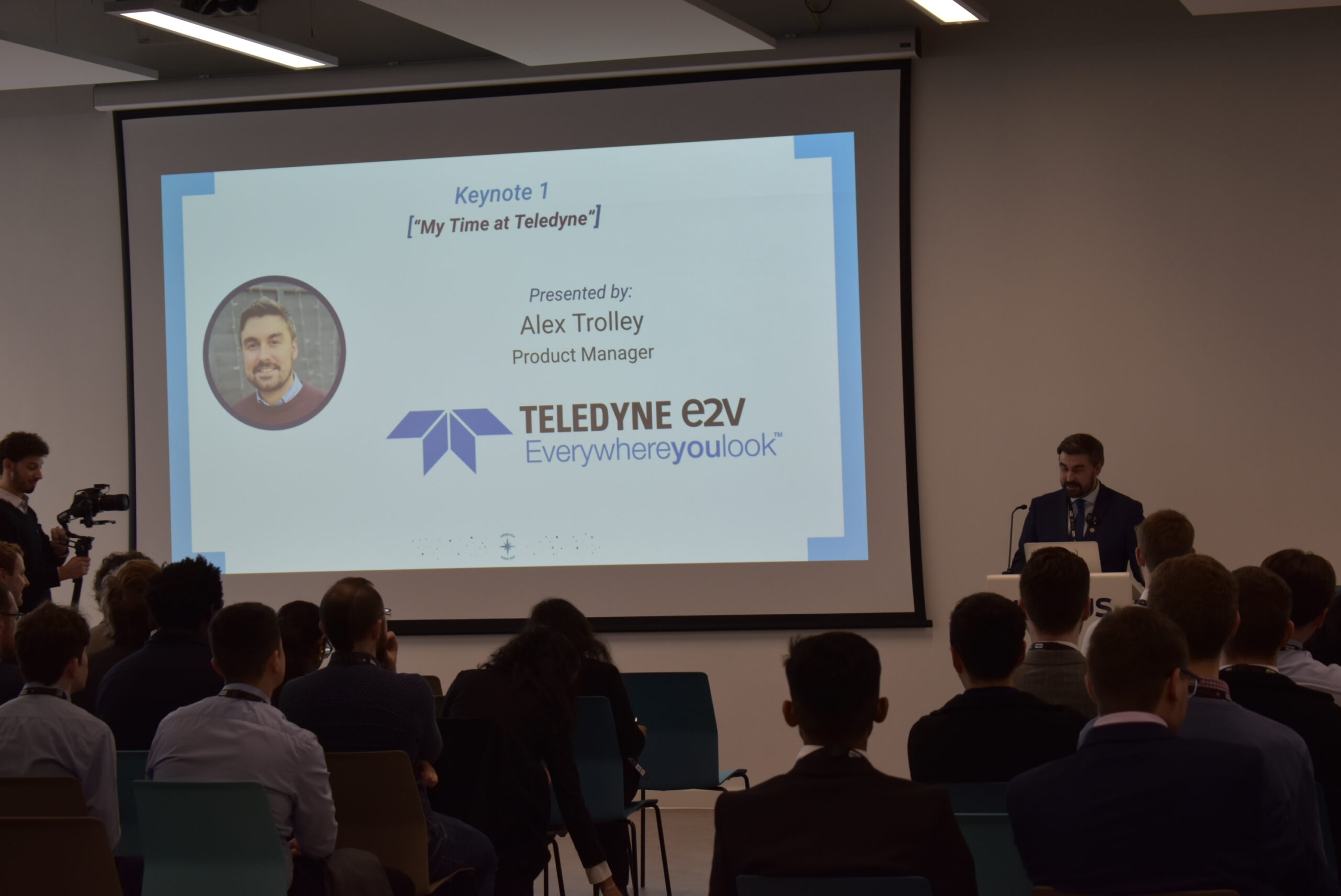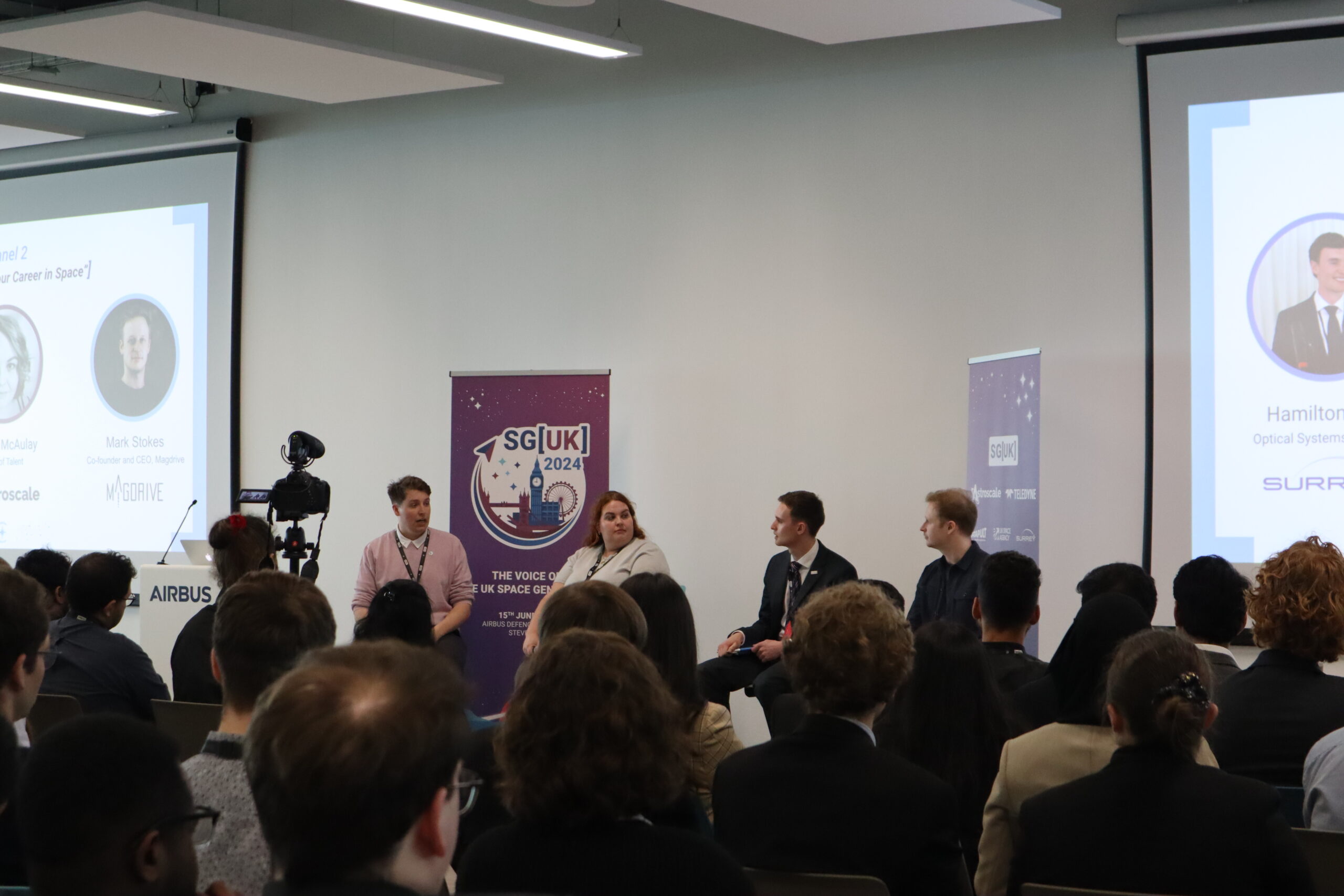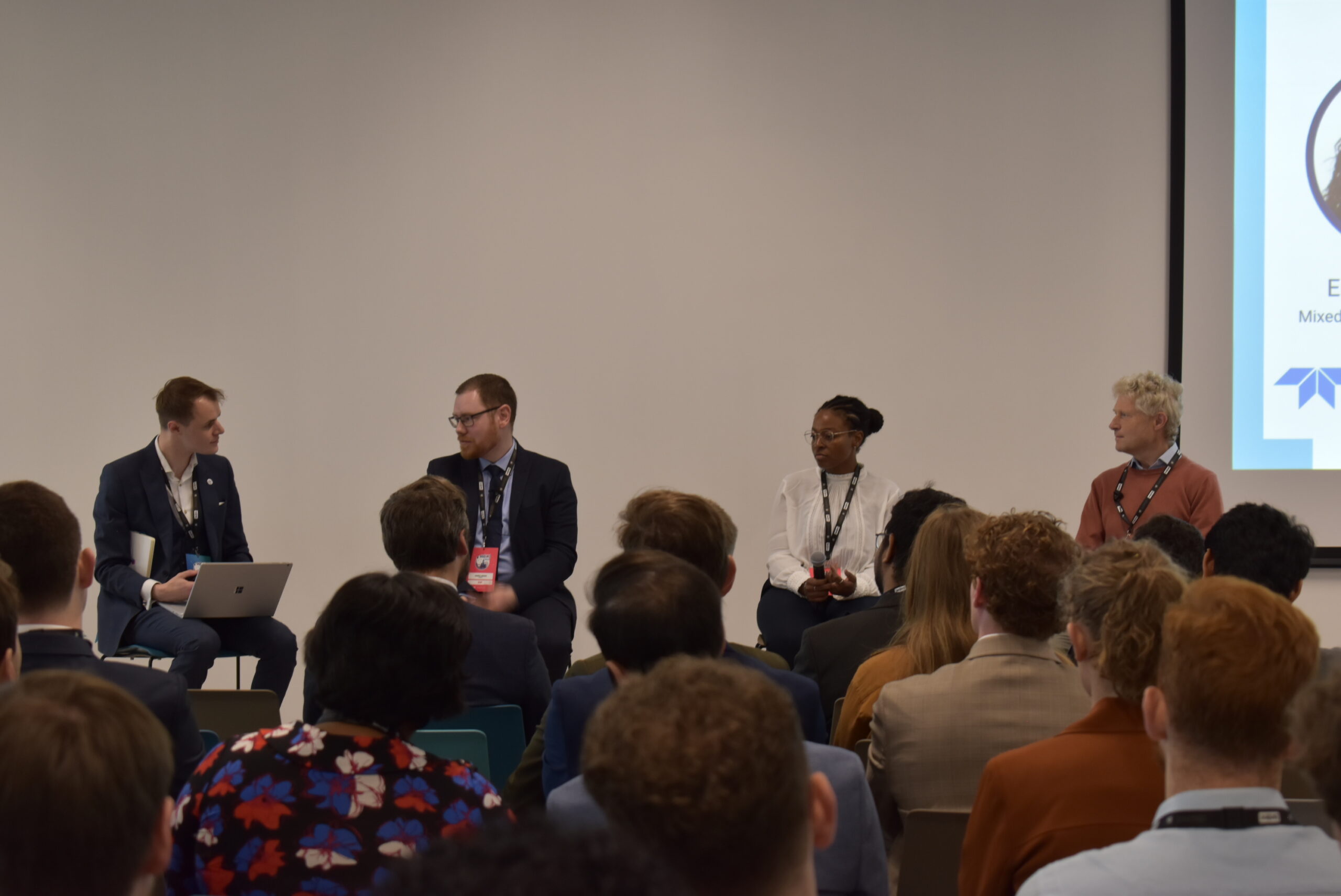
Programme
SG[UK] is a one-day event made up of keynote speeches, panel discussions and Round Table working groups, shaped by leaders from start-ups, SMEs, big players, institutions and academia.
You’ll get the time to meet and greet the experts, network with your fellow Delegates and socialise throughout the day and evening.

Agenda
| Start Time | End Time | Activity |
|---|---|---|
| 08:30 | 09:00 | Registration & Welcome Breakfast |
| 09:00 | 09:40 | Opening Remarks and Keynote 1 |
| 09:40 | 10:25 | Panel 1 |
| 10:25 | 10:45 | Coffee Break |
| 10:45 | 12:20 | Roundtable Session 1 |
| 12:20 | 13:15 | Lunch |
| 13:20 | 14:00 | Panel 2 |
| 14:05 | 15:25 |
Roundtable Session 2
|
| 15:30 | 15:50 |
Afternoon Tea
|
| 15:55 | 16:55 |
Roundtable Session 3
|
| 17:00 | 17:20 |
Keynote 2
|
| 17:25 | 18:05 |
Presentation Working Groups
|
| 18:05 | 18:30 | Closing Ceremony |
| 19:00 | 23:00 | Evening Social |


The Keynotes
During these TEDx-like presentations, leaders of the UK Space Industry will inform you about what has been done before and inspire you with their vision of what is to come.


The Panels
The Panel discussions are where experts discuss and work through questions live, set by you. This is your opportunity to ask all of the big questions. Prepare to get interactive and introspective!


The Round Tables
The Round Tables are the opportunity for you to make your mark on the industry. They are group discussions facilitated by industry experts, where you will get to bring your voice, ideas and experience to the table to address topics that leading experts in the space industry are currently trying to solve.
Each Round Table has an overarching theme and will focus on one topic within this theme. This topic will be decided beforehand by the Round Table Moderator and the sponsoring companies.
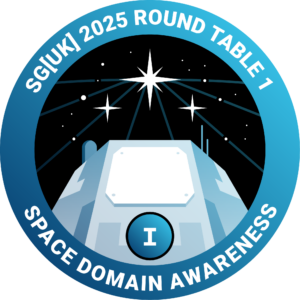
As the space industry grows, the demand for innovative and sustainable solutions in orbit is increasingly critical.
With over 10,000 active satellites in orbit, thousands more planned for launch, and growing concerns over space debris, the challenge of monitoring and managing Earth’s orbital environment has never been more critical. At the forefront of this challenge is Space Domain Awareness (SDA): the ability to detect, track, and predict the behaviour of objects in space, including operational satellites, defunct spacecraft, and orbital debris, as well as potential threats to space assets.
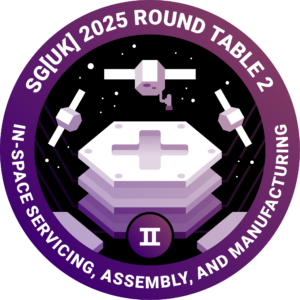
As the space sector develops, we’re starting to see an increased demand for sustainable solutions in orbit; and subsequently, innovative methods of putting them into action. In-Orbit Servicing, Assembly, and Manufacturing (ISAM) offers a transformative approach to the way we manage, build, and sustain space operations. By extending the lifespan of satellites, enabling modular assembly of large structures, and fostering a circular economy in orbit, ISAM has the potential to revolutionise space infrastructure while reducing costs and mitigating debris.
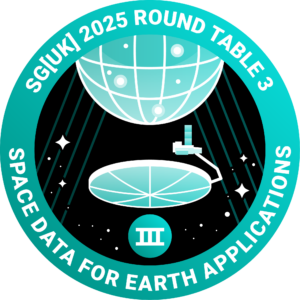
Space data plays a crucial role in driving economic growth, supporting public services, and addressing global challenges such as climate change, disaster response, and infrastructure resilience. However, despite the UK’s increasing investment in Earth observation (EO) and satellite data capabilities, significant barriers remain in making this data more accessible, usable, and commercially viable.
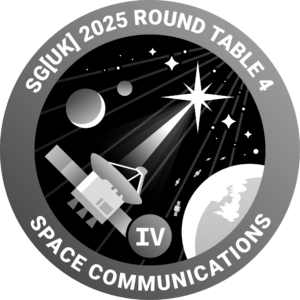
The satellite communications industry is in turmoil. Market shifts with new entrants (LEO and terrestrial) have pushed existing space players to consolidate or form new partnerships, and raw throughput offering is no longer the sole metric guaranteeing success in the commercial market. In more exclusive markets such as milsatcom or emergency communications, lowered cost of leasing from commercial services in low earth orbit makes guaranteed service look expensive and outdated. Commercial war is ongoing and affecting the whole industry, from procurement of satellites, to frequency ressources allocation and regulations on power emission and interferences between operators and their services. Direct to device is no longer a dream, but a reality, and the pulse of industry has never been so regularly fast.
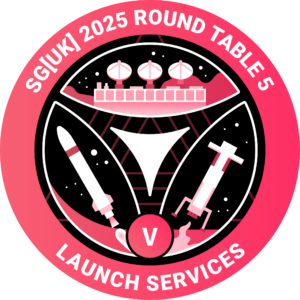
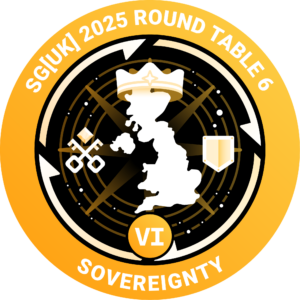
Sovereignty as a concept tied to outer space has been present since the quest by states to explore outer space. Sovereignty within outer space does not go unchecked. The Outer Space Treaty states that outer space is not open to national appropriation through sovereignty. Additionally, states are responsible for the actions of other actors in outer space.
There is a renewed interest from states to improve their capacity in space, in the space industrial plan the UK sets out its aim to become a leader in outer space as a whole. However, being a leader in all space sectors is unlikely to be sustainable.


Networking
There are plenty of coffee/food breaks and this is the time for Networking. Networking is more than just a buzzword at SGAC. This event is a truly amazing opportunity to meet new like minded individuals and create better links across both the UK and European space communities.

Last Year’s Events
To give you an insight into what last year’s event looked like







